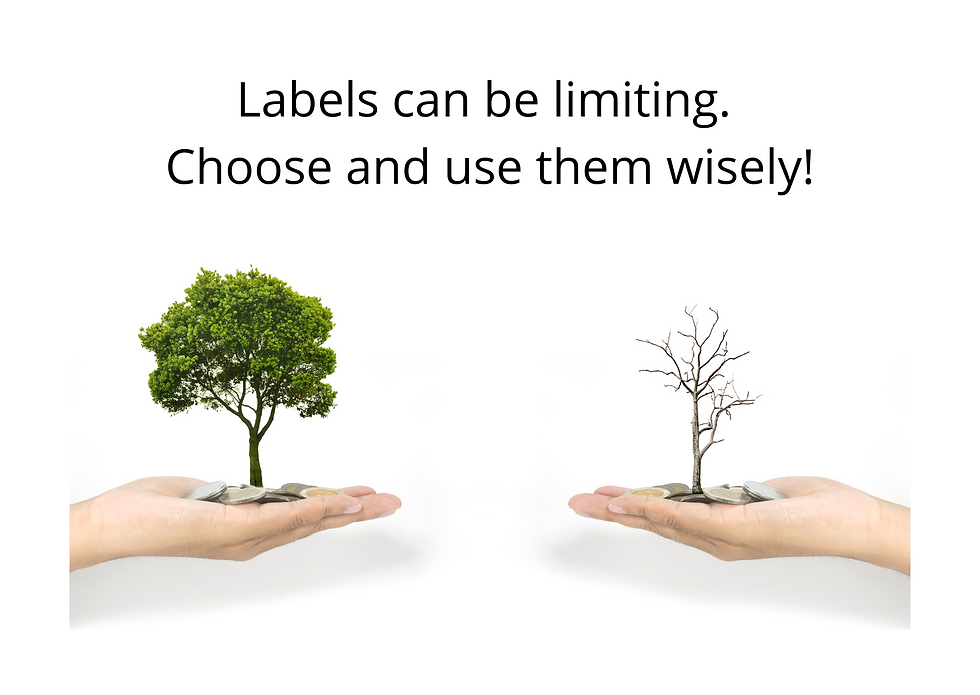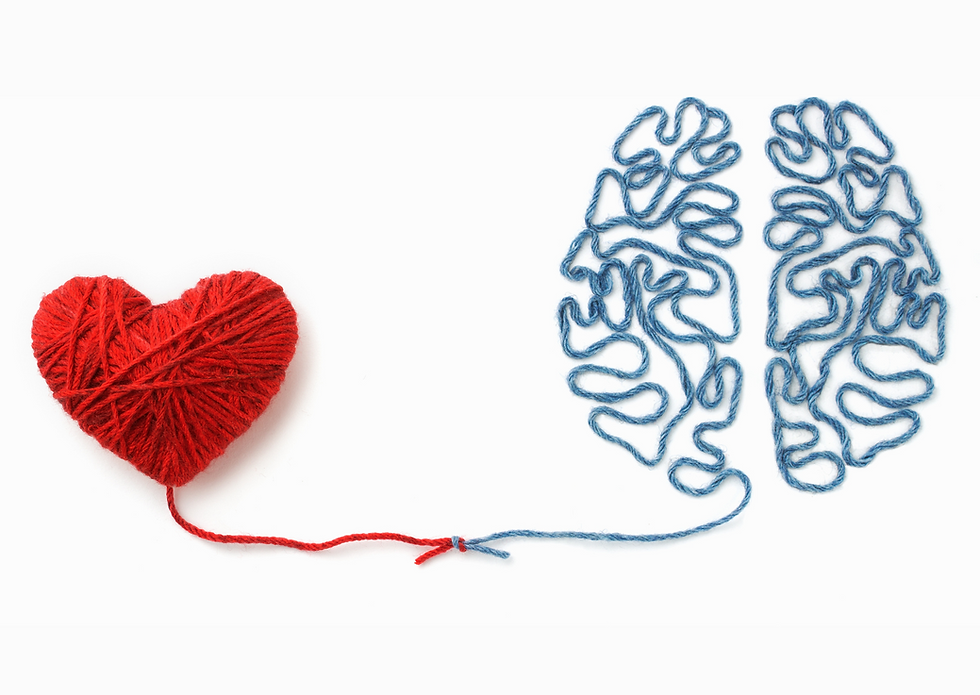Are you acting ‘on purpose’?
- Mary Ely

- Mar 24, 2022
- 5 min read
Updated: Sep 29, 2022

An Important question for individuals, teams and organisations
Does what you do support
Who you want to be?
Who you think you are?
Your vision/mission/purpose?
You in getting the results you want?
Or not?
And if not, what needs to change?
What could you do to be even better? Act and live more ‘on purpose’, get better results, make more of an impact?
As with all change, the first step is self-awareness.
How am I creating my current situation, my current results?
Armed with that knowledge, you can start to figure out
What needs to change to get a different result, more of what you want.
What is it that is working? What do you need to carry on doing, or do more of?
And I find logical levels useful in helping me figure things out and see how it all fits together so perhaps you’ll find it useful too.
Logical levels
This comes from NLP (Neuro Linguistic Programming) and can be applied to individuals, teams and organisations.
And the easiest way to explain how it works is with a diagram and some examples, so here goes:

The diagram shows the logical levels and how they flow. Each one supports and drives the next – in both directions.
I’ll explain how it works and then give you a couple of examples to bring it to life – for teams/organisations and for us as individuals.
Vision/Mission/Purpose
This is the first level and is at the core of everything we do.
Our key driver.
What is it that we are here to do?
Identity/Culture
Our purpose influences our identity / culture
“If that’s what I’m here to do, that means I am/we are/the organisation is ….”
“Who do I/we have to be to deliver my/our vision/mission/purpose?
Values & Beliefs
In order to support that identity/culture or be that person/organisation, that means
‘This’ is important to me/us (value)
I/We believe ‘this’ to be true (belief)
Capabilities
To be able to uphold those values and beliefs, we need to develop certain capabilities.
Skills and strengths that help us fulfil our values and beliefs.
Behaviour
What we do will be driven by what we CAN do (our capabilities), what’s important to us (values) and what we believe to be true (beliefs).
Environment
How we behave will determine what happens around us.
The impact we have on the people and things around us.
And the results we get.
Everything happens ‘on purpose’ when the layers are aligned

For example
Organisation
Vision/Mission/Purpose
to provide quality equipment when you need it
Identity/Culture
We’re a safe pair of hands.
You can rely on our service.
Our equipment is safe to use.
Values & beliefs
It’s important to only provide safe equipment.
It’s important to work safely.
Safety is important.
Capabilities
We have the knowledge, skills and mindsets needed to operate safely and keep our equipment in good condition so it is safe to use.
Behaviour
We follow procedures and processes that ensure we are safe and our equipment is safe. We operate with an attitude of ‘safety first’.
We feel safe to speak up when we spot something that isn't safe.
Environment
Our safety record is impeccable.
Individual – me!
Vision/Mission/Purpose
To make things as simple, manageable and as enjoyable (or at least as comfortable) as possible
Identity/Culture
I am a great coach and a caring person.
I’m logical, practical and like to inject humour into what I do.
Values & beliefs
It’s important to have a good life, to have fun, to care, to make a difference.
Making things simple, manageable and as enjoyable as possible makes things easier and more likely to succeed.
Everyone is unique. It’s important not to judge others.
Capabilities
I have gathered knowledge and experience about business and personal change.
I understand change and know how to help people deal with change, implement change and develop the skills they need for change.
Behaviour
I work as a coach, mentor, therapist, trainer.
I share my knowledge and experience to help others.
I listen to my clients and help them figure out what will work for them.
Environment
My clients get the results they are looking for easily and comfortably.
The levels work similarly in the opposite direction
Our results (environment) will influence how we behave in future.
Our regular behaviour will indicate the skills and strengths we have (what we are capable of).
Our capabilities and behaviour will demonstrate what’s important to us and what we believe.
What’s important to us and what we believe will indicate the sort of person/organisation we are.
Our identity and culture will demonstrate what we are really here to do.
Sometimes the levels aren't aligned and things don’t turn out as expected as a result

Here are a few examples to bring this to life
Working safely is important to us
If a team’s perpetual behaviour is finger pointing, blame and overly severe reactions to underperformance or mistakes, the culture becomes one of fear rather than safety.
People will be afraid to speak up when something isn't safe.
The organisation will not be living its value of 'safety is important' and it won't be a 'safe pair of hands'.
We work as one team with our customers and partners.
I worked for a firm once that introduced their new corporate values, including this one.
The day before the values launch, everyone had identical lanyards for their security passes.
The day after the launch, everyone was told they had to use the appropriate new lanyard so you could tell at a glance who was staff, who was a customer and who was a partner.
This instantly created a feeling of difference or division and created a feeling that the firm wasn’t really committed to working as one team.
It wasn't demonstrating its value in its behaviour.
So what about you? Your team, your organisation?
Are your logical levels aligned?
Does your behaviour reflect who you think you are or who you want to be?
If I were to observe your habitual behaviour,
Would I be able to tell what’s important to you?
Would I be able to see that you were on target to deliver your vision/mission/purpose?
If you want to understand what your purpose is in life, what might that be given how you behave and what’s important to you?
Looking at your logical levels at a personal level will give you useful information for self development and how you want to live your life.
Looking at them at a team/organisational level can be really helpful for behavioural change and establishing culture.
For example, what are the behaviours and attitudes (what we believe and what’s important to us) that our team will commit to in order to
get the results we want,
create the culture we want to work in, and that will
deliver our purpose?
If you’d like
Some help thinking about this topic then I can help. Please book a free call if you'd like to explore this with me.
To try out my monthly emails that provide a roundup of my blogs as well as other insights, you can sign up here.



Comments